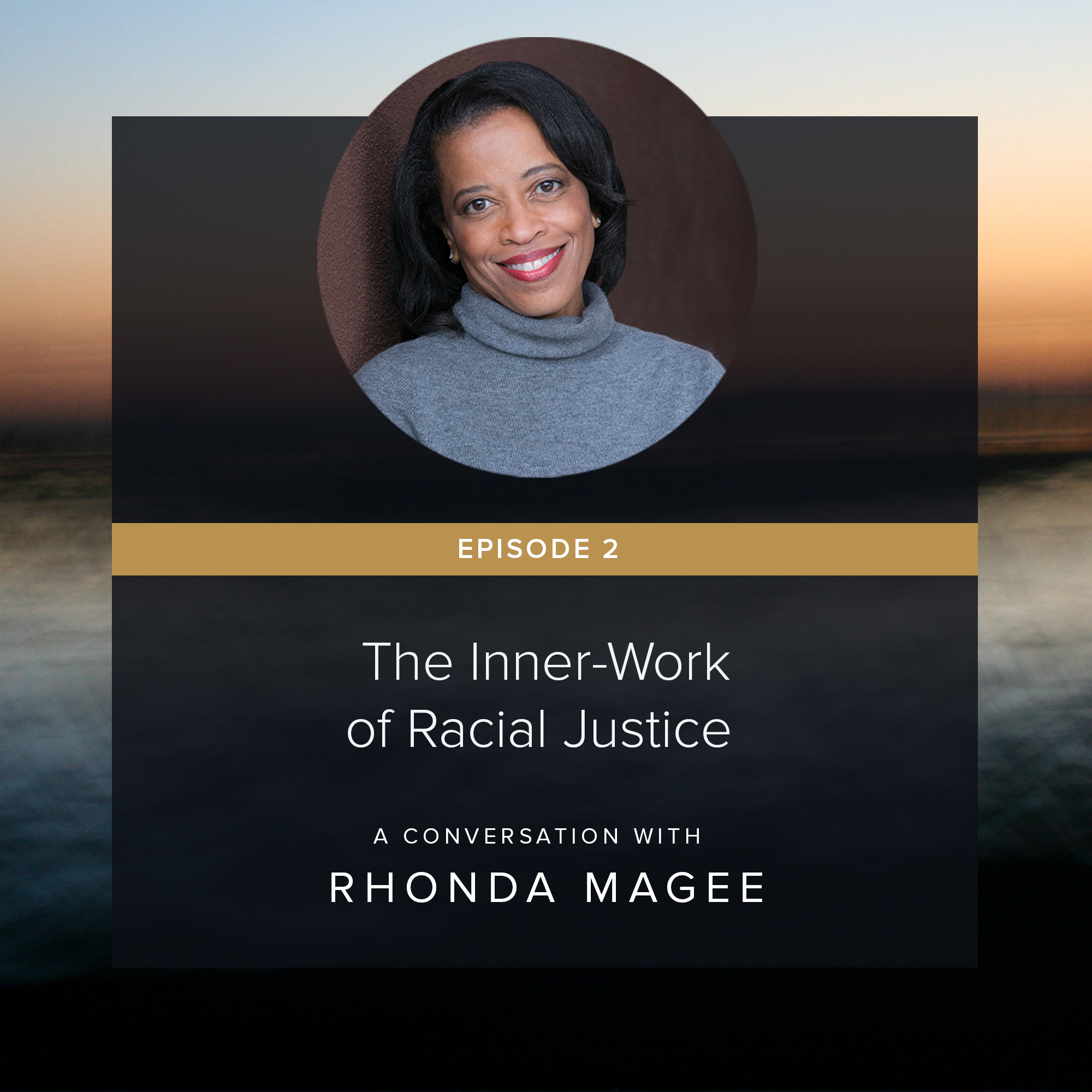

The majority of us will be exposed to at least some type of traumatic event in our lifetime, and a smaller percentage of us (studies suggest 10-12%) will develop debilitating symptoms in its aftermath. At the same time, the prevalence of trauma is extraordinarily high amongst the entire population, especially right now with the global pandemic. Over the past decade, mindfulness has exploded in popularity-including educational settings and through offerings to teens and youth. With trauma-sensitive mindfulness, we apply this concept to mindfulness instruction-we commit to recognizing trauma, responding to it skillfully, and taking preemptive steps to ensure that people aren’t retraumatizing themselves under our watch. A trauma-informed physician can ask a patient’s permission before touching them, for example.

Trauma-sensitive, or trauma-informed, practice means that we have a basic understanding of trauma in the context of our work. What is Trauma-Sensitive Mindfulness, and how does it apply to youth? I wanted practitioners to be able to help people avoid the potential pitfalls of mindfulness practice for trauma survivors and leverage its powerful benefits as well. This is why I created trauma-sensitive mindfulness (TSM). When I talked about my experience with colleagues, I was surprised to hear them use the word trauma-a term I’d studied as a psychotherapist but never associated with my own life. When I returned home that summer, I was disoriented and having difficulty returning to my everyday life. In the coming days my senses became muted and muffled, my appetite vanished, and I found myself bombarded by intrusive thoughts and images. One evening I felt something akin to a circuit breaker going off in my body, leaving me numb and dissociated. In 2006, I ran into trouble on a silent meditation retreat. A writer, educator, and trauma professional, David’s personal experience led him to create Trauma-Sensitive Mindfulness.ģ Tips for Teaching Trauma-Sensitive Mindfulness by David Treleaven We asked David Trelevean, guest faculty with iBme’s Mindfulness Teacher Training, to share his expert wisdom on incorporating trauma-sensitive mindfulness into working with youth.


 0 kommentar(er)
0 kommentar(er)
